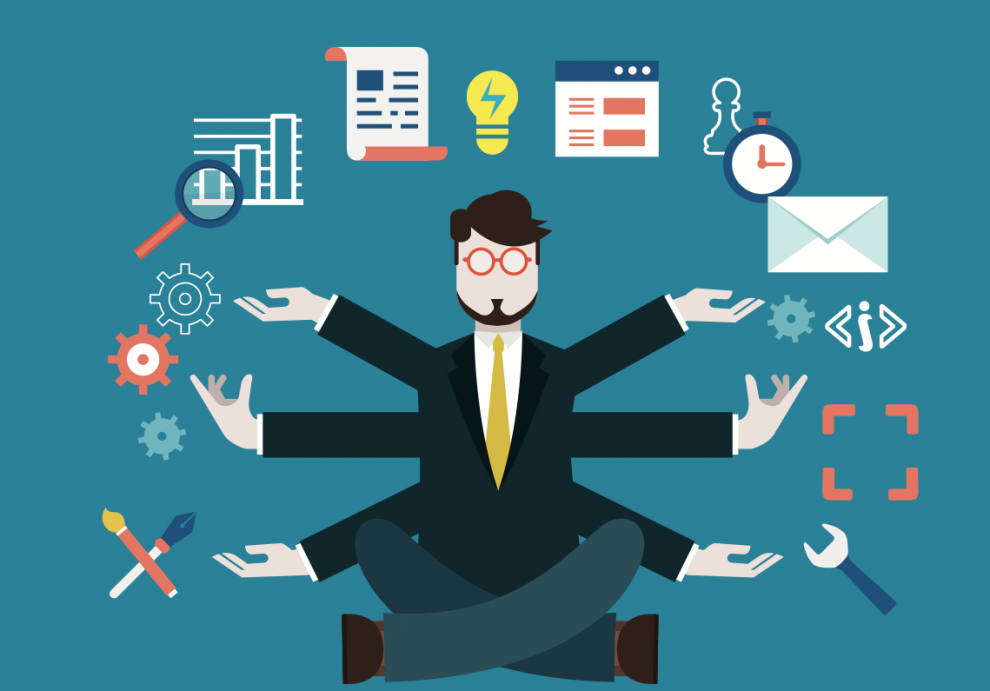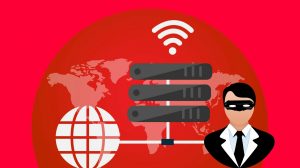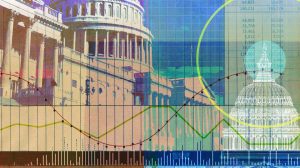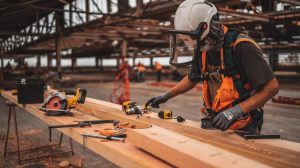After investing several years of their life in education, people plan to practice complete freedom of choice in choosing their careers. Unfortunately, they don’t realize that there is a tall wall of stereotypes that will govern their decision at different stages. According to a survey by LinkedIn, 60% of people globally are not happy and satisfied with their job. Why is that amount so high? Why do they keep on working there? Why did they choose the field if they didn’t like it? Well, there aren’t transparent replies to all these questions. The reality is different from what the majority of people perceive it to be.
While getting professional education or choosing majors, there are always external forces that influence decisions. Peer and family pressure, financial issues, and societal stereotypes are constantly influencing decision-making. Moreover, the field of education itself is filled with biases and stereotypes at different levels. The core purpose of education is to spread critical thinking skills to create equality and an upright society.
The same impact translates to the professional world as well. Certain predispositions in the corporate environment create stereotypes. Certain genders, cultures, and racial profiles are largely discriminated against in the corporate world. This article discusses some of those stereotypes and how they are affecting society at large.
-
Stereotypical Curriculum Design
Educational curriculums are becoming increasingly biased and stereotypical. They shape children’s minds about how they would perceive the surrounding. The process of designing these curriculum has been improving lately. People with social science degrees are getting involved in this process. Someone with a related degree, like a liberal studies online degree, possesses an efficient skill set in designing these academic documents without any bias and stereotypes. Liberal science graduates are involved in the process to ensure educationists use bias-free language and teaching pedagogies.
Education develops a child’s mind in the very early stages of growth. The mind is very raw at this time of development. It will absorb things quickly, and the impacts will be grave. Now, if the education system imparts education to establish certain biases and stereotypes in children, it will be devastating. It will have a domino effect, and the same stereotype will flow from generation to generation.
-
Gender Bias
Gender bias is nothing new to the world; it is everywhere. Either in the developing world or the developed world, gender bias is predominantly widespread in all regions. The education sector has been garnering gender bias for a long time now. According to Oxfam, 66% of total children out of school are girls. The consequences are severe. People initially believe that females do not need to get an education because they are mainly for household errands. This negative mindset has spoilt the social fabric in many nations. In fact, women are the most important family member to be educated because they nurture the upcoming generations.
The same is evident in workplaces as well. There are certain glass ceilings beyond which females won’t grow. According to Muse, men enjoy 62% of managerial positions globally, whereas women only have 38%. Women are also more likely to experience microaggression in the workplace. A whopping 35% of women have suffered sexual harassment at work. All these tell how women are perceived in professional circles. It inflicts a negative impact on women and affects their performance, yet those performance gaps are never attributed to these stereotypical behaviors. Instead, men consider women to be working below par naturally. Therefore, it creates a vicious cycle of negative outlook toward women at workplaces.
-
Selective Perception
People get into baseless arguments when they deliberately cloud their perception. They see what they want to see. They hear what they want to hear. The preexisting biases and stereotypes create a filter in their sensory perception. They tend to filter out things that are contradictory to their beliefs. This phenomenon is known as selective perception. In selective perception, you quickly forget things that challenge your thoughts, whereas you readily accept the ones that reaffirm your disposition.
People practicing selective perception tend to slip in a self-fulfilling prophecy of their bias and stereotypes. It distorts their perception of reality, and their negative beliefs become even more firm. Modern-day education systems are trying to eliminate this evil from society. They strictly avoid any such information in education material that reaffirms any societal bias. The education content is trying to incorporate positive material to create more acceptance towards discriminated groups and reduce selective perception. Increased awareness about society and people at large through extensive online media is also aiding this problem. Now, people have more sources disseminating positivity and exact information about different social groups. It is largely minimizing selective perception.
-
Career Choice Bias
Certain job roles are indeed more suited for men and certain for women. However, in the contemporary world, the bias toward certain fields has become largely prominent. Women are kept out of some fields and are considered more appropriate for others. When it comes to nurses, paramedics, and teachers, women are predominantly in the majority there. However, men have radically dominated fast-moving and more technical job roles like engineers, architects, and C-level business executives.
Every profession has its importance, but we see women lag behind in leading roles. Fortunately, over the last decade, this issue has been recognized. More and more organizations now realize the importance of female participation across a diverse portfolio of the workforce. Both large-scale and small-scale organizations are actively working on diversity and inclusion in the workplace. According to PwC, increased female participation in the workforce among the OECD countries resulted in a GDP boost of an unbelievable $6 trillion. It shows how important women are for national progress. Therefore, they should not be limited to narrow options in professional fields.
Final Thought
Nelson Mandela has said that education is the most powerful tool to bring about a change in the world. Now, we first need to save education from biases and stereotypes. A free and fair education system results in positive minds. As they enter the professional world, they create an atmosphere of acceptance free from stereotypes. Only then a healthy workplace comes into existence. Therefore, open your mind to positivity and absorb the realities without any stereotypical lens.
Follow Techrado for more!






